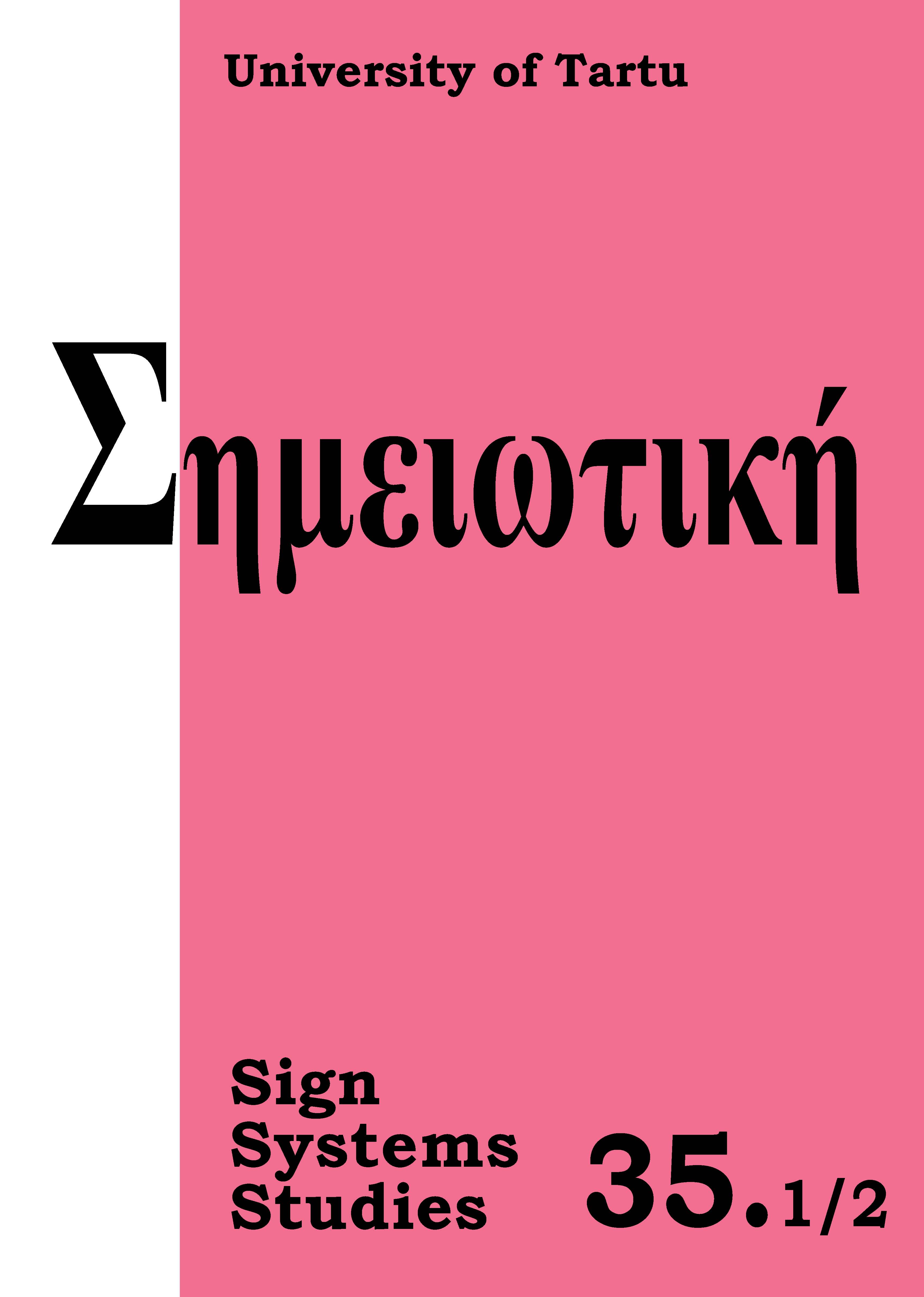Ethnolinguistic identity and social cognition: Language prejudice as hermeneutic pathology
DOI:
https://doi.org/10.12697/SSS.2007.35.1-2.07Abstract
Analysts studying the nexus between language and ethnic identity have characterized ethnolinguistic ideologies as the deep structure of overt language practices. By contrast, this exploratory analysis argues for the advantages of shifting from a multi-level to a single-level explanatory model, consisting of interpretive frames and data (= aspects of sociocommunicative behavior) interpreted by way of those frames. The single-level model affords, arguably, a more unified treatment of people’s everyday inferences about ethnolinguistic identity, on the one hand, and research paradigms for studying language as an ethnosemiotic resource, on the other hand. Yet the “singletiered” model does not void socioideological considerations. Instead, it assumes that a continuum stretches between (1) entrenched language prejudices, (2) efforts to use language theory to question or dislodge such prejudices, and (3) the moment-by-moment hypotheses and inferences in terms of which humans make sense of their conspecifics’ linguistic behavior, along with other ethnosemiotic cues.


